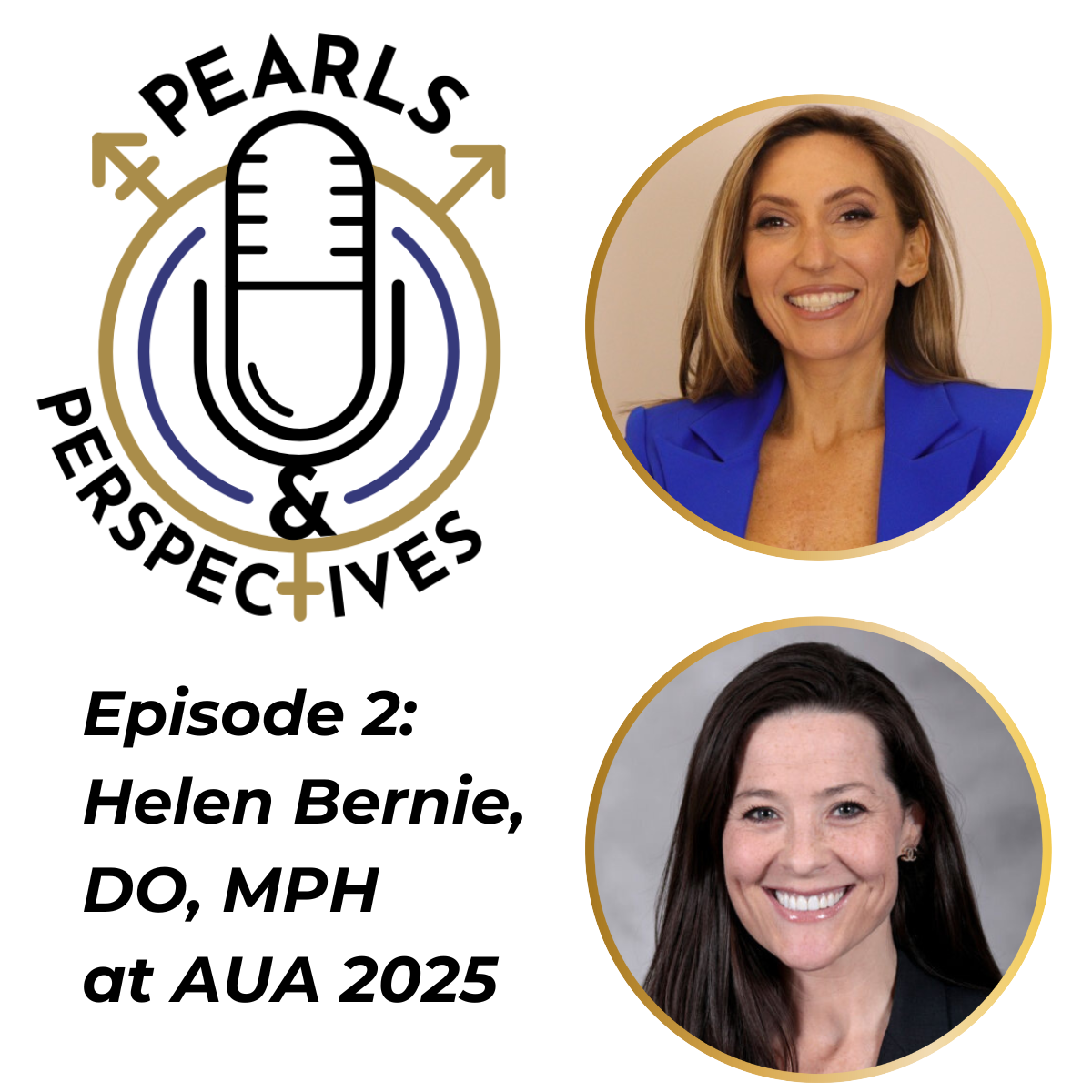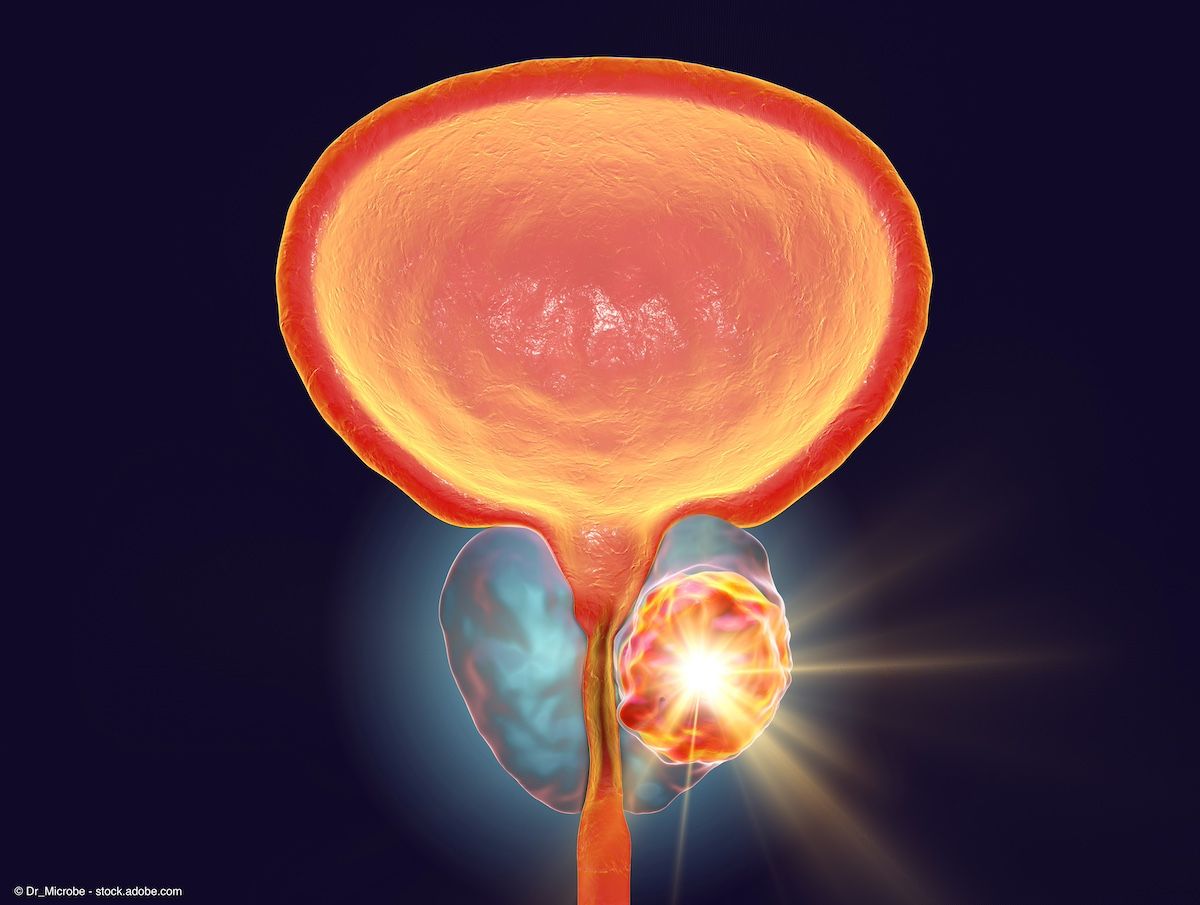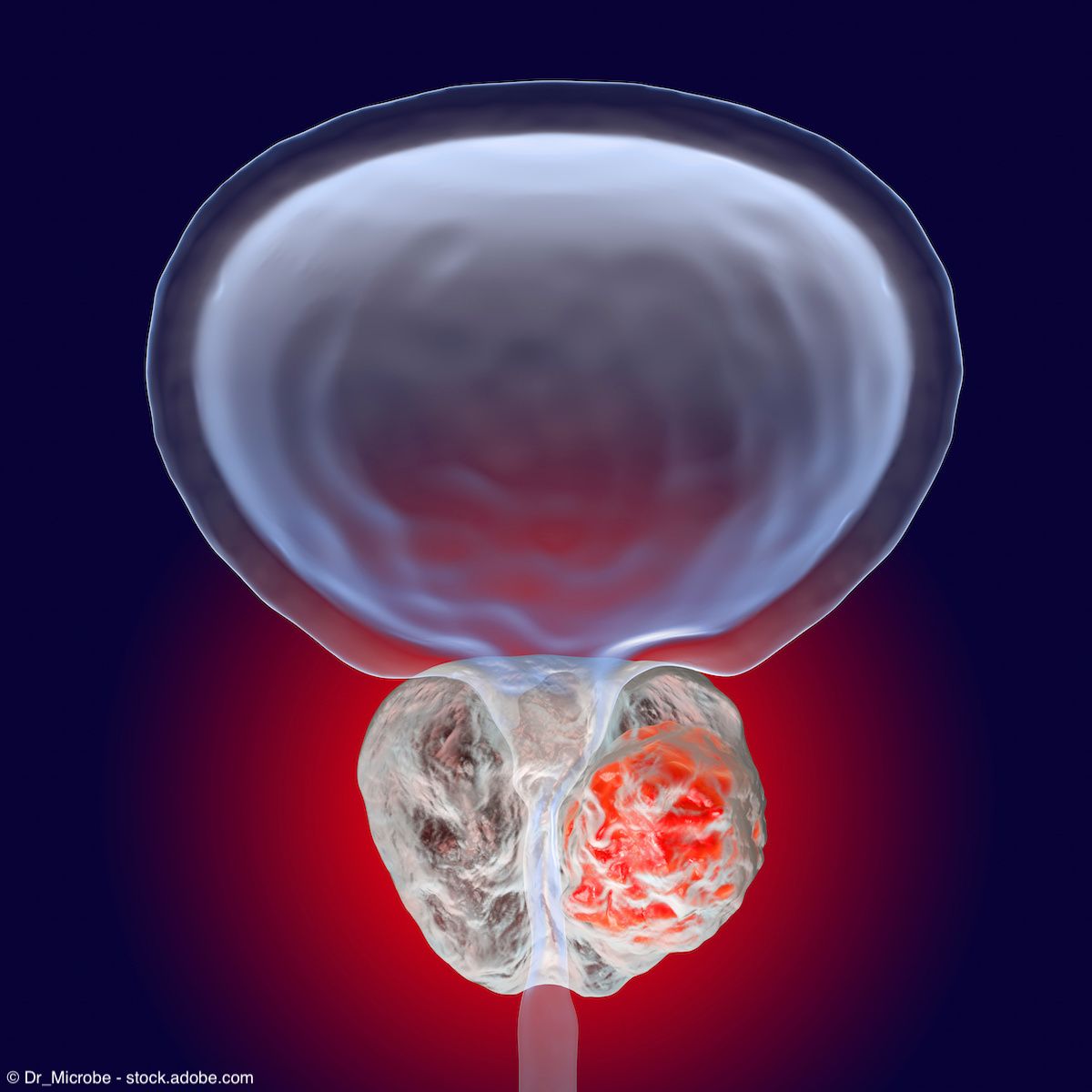Article
Residency vs. the real world: 5 things I wish I’d known
Author(s):
"Just like I’ve learned that the grass really isn’t any greener on the other side, I am learning that life in the trenches of urology, as a small-town urologist, isn't exactly what I thought it would be when I was a resident," writes Dr. Rosevear.
Dr. Rosevear is a urologist in community practice in Colorado Springs, CO. Urology Times blogs present opinions, advice, and news from urologists and other urology professionals. Opinions expressed by bloggers are their own, and do not necessarily reflect the views of Urology Times or its parent company, MultiMedia Healthcare.
Just like I’ve learned that the grass really isn’t any greener on the other side, I am learning that life in the trenches of urology, as a small-town urologist, isn't exactly what I thought it would be when I was a resident. And it surely isn't what I was led to believe it would be in medical school.
With that in mind, I thought I would outline a few of the differences between my expectations about urology as a medical student/resident versus my observations about life in the real world. For the medical students and residents out there, hopefully this will make you better informed about what to expect. For my fellow practicing urologists, I’m curious to know if your experience mirrors mine.
1. People skills matter as much as, if not more than, surgical skills
When I first started on my own, a wiser surgeon told me that patients wanted an affable, available, and adequate surgeon. In that order. And while I should have listened to him, I didn’t. I had just spent the last 6 years of my life learning the craft of urologic surgery and was convinced that my scalpel was at least as sharp as everyone else’s and probably sharper. I was wrong.
Surgical skills matter and while the nurses and other surgeons in the OR know who can operate and who can’t, I’m not sure patients understand the difference. Being on time, smiling, answering questions fully, returning phone calls-these are the attributes that seem to make patients happy. I’m in no way suggesting that being a competent surgeon doesn’t matter, but looking back I wish I had understood the importance of the more social aspect of the patient-physician relationship earlier in my career.
2. Computers rule the day
Remember when you were first told that medicine is all about the patient? There are days when I question that. I think the modern statement should be: Medicine is all about documenting and order entry. A 2017 article in Forbes is one of many showing that physicians spend more time on computers than we do with patients. I had no idea that was the case in medical school. One of the reasons I chose medicine was that I hate working on computers, and I thought choosing medicine was a way to avoid having to spend hours typing on a keyboard.
Also by Dr. Rosevear: Locum work a refreshing break from the daily grind
Yes, I have heard the arguments, both from a billing standpoint (if it isn't documented, it didn't happen) to a quality improvement standpoint (we can’t progress as a field unless we document what we do so it can be reviewed and monitored), but computers are the bane of my existence. Maybe if I worked for some monster hospital system with a huge IT support staff to help, life would be better. But as a small-town independent urologist, working with four different EMRs is probably the least favorite part of my job. And it’s a part of the job that will only become more important in the future.
3. Hospitals are not your friend
Hospitals are big businesses. Just because some are not-for-profit doesn’t mean they don’t spend hours monitoring the bottom line. When I was in residency, I received almost daily flyers and emails from various hospitals promising ridiculous amounts of money as an employed physician. While I freely admit that I have made too many mistakes to count, not taking one of those jobs and instead starting off at a much lower salary as an associate in a small urology group was one of the best decisions of my life. All the employed physicians I know have taken a huge pay cut when it came time to renegotiate their contract, and they all report that the bureaucracy associated with these large hospital systems is not only stifling but less efficient and negatively impacts their productivity.
If there is one piece of advice I could give residents and medical students, it would be to approach any hospital employment position with trepidation. While exceptions exist, if an offer seems too good to be true, in the long run, it likely is.
Next:"The number of procedures I do is limited, and probably should be"4. The number of procedures I do is limited, and probably should be
Both during medical school and in residency, one of the aspects of urology I loved was that one day I might scrub in on a major robotic oncology case and the next I could be assisting with a pediatric reconstruction case. The variety of cases I saw and the breadth of the pathology that urologists treat drew me to the field in the first place. In the real world, though, that's not the case.
Efficiency matters both in the clinic and the operating room. Sure, I'm confident I could safely complete an ileal ureter, but why should I do that when I know a nearby surgeon who has done 100 of them, can do the case in half the time, and has a team in place to take care of the patient after? I can probably count on one hand 95% of the cases I do.
Read - Principles: What to do in the era of mergers and mega groups?
Henry Ford was correct and the surgical outcomes data support the concept that volume matters. Medical students and residents should be aware that while the American Board of Urology may think it is important that all urologists know how to treat an exstrophy, there are a large number of such cases most of us have no business treating.
5. The compensation is not what it is on TV
Don't get me wrong, I don't know many doctors who frequent food banks. But the idea that every physician drives a Porsche while shuttling between their two vacation properties just isn't true. Further, the flyers promising residents 95th percentile compensation while living in a beautiful college town are just plain false. The Lake Wobegon effect strikes again.
The best financial upside of medicine is the stability the job brings. If you do a good job, are nice to patients, and are willing to work hard, there will always be a job that easily pays the mortgage. Every resident and medical student should read the White Coat Investor website for a brutally honest assessment of what to expect when they finally receive their first real-world paycheck.
Newsletter
Stay current with the latest urology news and practice-changing insights — sign up now for the essential updates every urologist needs.








